Do you ever feel that some people are only with you in the happy moments of your journey but disappear when things get hard? I’m sure we’ve all felt that way. However, I wonder how many of us have felt the opposite? I have. Some people have come into my life during the difficult times because they want to see me fail. Now, that’s a hard pill to swallow.
I notice this same concept in today’s Gospel. When Mary and Martha were mourning, many members of their community came to help and grieve with them. However, some of them came with ulterior motives; when they saw that Jesus was there, they went right to the Pharisees to turn him in. In this situation, Jesus knew who was there to mourn, and who was there only for their own benefit and to gossip. Even so, Jesus didn’t withhold His miracle of love for Lazarus because he understood deeply something Saint Mother Teresa so eloquently put into words:
“People are often unreasonable, illogical, and self-centered; forgive them anyway.
If you are kind, people may accuse you of selfish, ulterior motives; be kind anyway.
If you are successful, you will win some false friends and some true enemies; succeed anyway.
If you are honest and frank, people may cheat you; be honest and frank anyway.
What you spend years building, someone could destroy overnight; build anyway.
If you find serenity and happiness, they may be jealous; be happy anyway.
The good you do today, people will often forget tomorrow; do good anyway.
Give the world the best you have, and it may never be enough; give the world the best you’ve got anyway.
You see, in the final analysis, it is between you and God; it was never between you and them anyway.”
¿Alguna vez has sentido que algunas personas solo te acompañan durante los momentos felices de tu viaje, pero desaparecen cuando las cosas se ponen difíciles? Estoy segura de que todos nos hemos sentido así. Sin embargo, me pregunto cuántos de nosotros hemos sentido lo contrario. Yo sí. Algunas personas han llegado a mi vida durante los momentos difíciles porque quieren verme fracasar. Y esto es muy difícil de aceptar.
Noto este mismo concepto en el Evangelio de hoy. Cuando María y Marta estaban de luto, muchos miembros de su comunidad vinieron a ayudar y a llorar con ellas. Sin embargo, algunos de ellos vinieron con motivos ulteriores; cuando vieron que Jesús estaba allí, fueron directamente a los fariseos para denunciarlo. En esta situación, Jesús sabía quién estaba allí para llorar y quién estaba allí solo para su propio beneficio y para chismear. Aun así, Jesús no retuvo su milagro de amor por Lázaro porque comprendió profundamente algo que la Santa Madre Teresa expresó con tanta elocuencia:
“La gente a menudo es irrazonable, ilógica y egocéntrica; Perdónalos de todas formas.
Si eres amable, la gente puede acusarte del egoísmo, de motivos ulteriores; sé amable de todos modos.
Si tienes éxito, ganarás algunos falsos amigos y algunos verdaderos enemigos; ten éxito de todos modos.
Si eres honesto y franco, la gente puede engañarte; sé honesto y franco de todos modos.
Lo que pasaste años construyendo, alguien podría destruirlo de la noche a la mañana; construye de todos modos.
Si encuentras serenidad y felicidad, pueden estar celosos; sé feliz de todos modos.
El bien que haces hoy, la gente a menudo lo olvidará mañana; haz el bien de todos modos.
Dale al mundo lo mejor que tienes, y puede que nunca sea suficiente; dale al mundo lo mejor que tienes de todos modos.
Porque en el análisis final es entre tú y Dios; nunca fue entre tú y ellos de todos modos”.
 Lily, age 23, is a Michigan native and cradle Catholic who has spent most of her life exploring her own reasons to embrace her faith fully. She attended Franciscan University of Steubenville, where she discovered the beauty of her personal relationship with Christ and the Church. After college, she worked in Montessori Education for three years and recently transitioned to nannying. She is excitedly preparing for marriage in May 2025 and spends most of her time reading, wedding planning, and enjoying her dog and family!
Lily, age 23, is a Michigan native and cradle Catholic who has spent most of her life exploring her own reasons to embrace her faith fully. She attended Franciscan University of Steubenville, where she discovered the beauty of her personal relationship with Christ and the Church. After college, she worked in Montessori Education for three years and recently transitioned to nannying. She is excitedly preparing for marriage in May 2025 and spends most of her time reading, wedding planning, and enjoying her dog and family!
Feature Image Credit: Daniel Reche, pexels.com/photo/photo-of-woman-raising-both-hands-1556691/
The views and opinions expressed in the Inspiration Daily blog are solely those of the original authors and contributors. These views and opinions do not necessarily represent those of Diocesan, the Diocesan staff, or other contributors to this blog.


 Colleen Orchanian is a podcaster, blogger, and spiritual director who desires to help others have a more profound encounter with God. She is the author of three books: Nearer My God to Thee, Times of Grace, and Lingering with God. Her podcast is Food for Thought (Spiritually Speaking). You can learn more at
Colleen Orchanian is a podcaster, blogger, and spiritual director who desires to help others have a more profound encounter with God. She is the author of three books: Nearer My God to Thee, Times of Grace, and Lingering with God. Her podcast is Food for Thought (Spiritually Speaking). You can learn more at 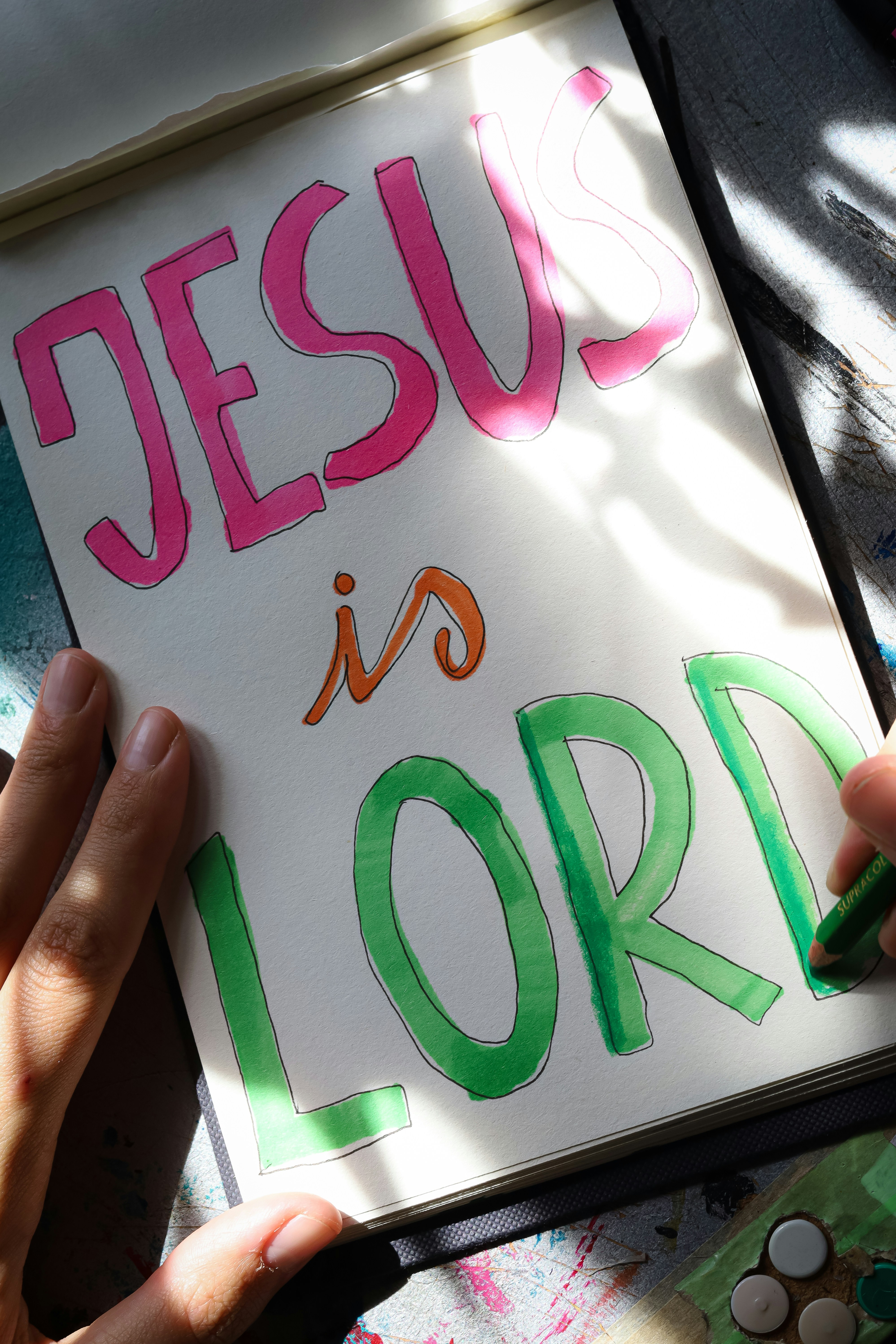
 Kate Taliaferro is an Air Force wife and mother. She is blessed to be able to homeschool, bake bread and fold endless piles of laundry. When not planning a school day, writing a blog post or cooking pasta, Kate can be found curled up with a book or working with some kind of fiber craft. Kate blogs at
Kate Taliaferro is an Air Force wife and mother. She is blessed to be able to homeschool, bake bread and fold endless piles of laundry. When not planning a school day, writing a blog post or cooking pasta, Kate can be found curled up with a book or working with some kind of fiber craft. Kate blogs at 
 Ben Hooper is originally from Maryland, having been adopted from Korea and growing up in the Catholic faith. He went to Franciscan University to dive deeper into his faith and eventually graduated with a degree in Business Management. He loves musical theater, sports, spending time with his fiancé Lily and their dog Kolbe.
Ben Hooper is originally from Maryland, having been adopted from Korea and growing up in the Catholic faith. He went to Franciscan University to dive deeper into his faith and eventually graduated with a degree in Business Management. He loves musical theater, sports, spending time with his fiancé Lily and their dog Kolbe.
 Allison Gingras (
Allison Gingras (

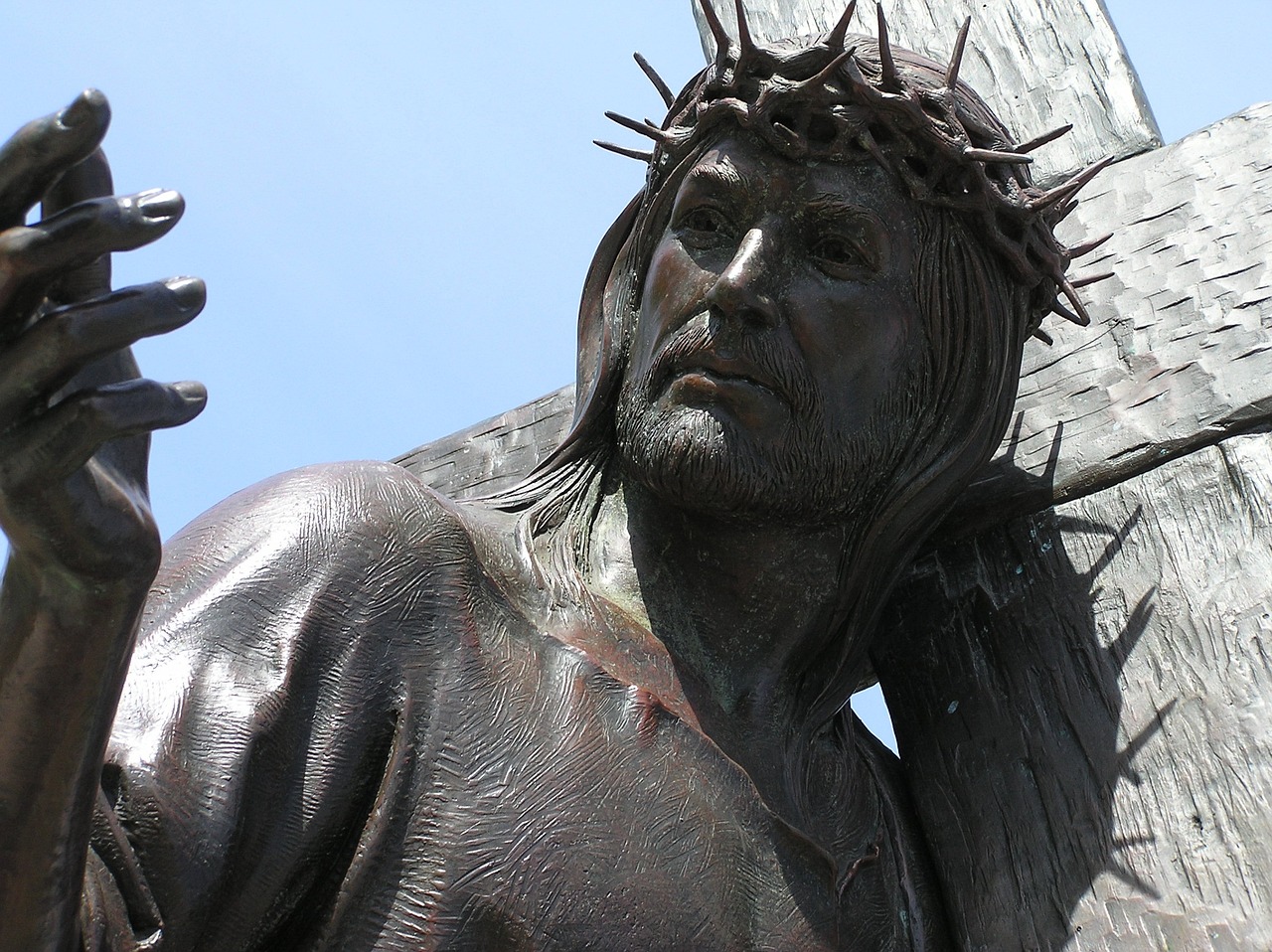
 Kathryn Mulderink, MA, is married to Robert, Station Manager for Holy Family Radio. Together they have seven children (including Father Rob), and eleven grandchildren. She is President of the local community of Secular Discalced Carmelites and has published five books and many articles. Over the last 30 years, she has worked as a teacher, headmistress, catechist, Pastoral Associate, and DRE, and as a writer and voice talent for Catholic Radio. Currently, she serves the Church by writing and speaking, and by collaborating with various parishes and to lead others to encounter Christ and engage their faith. Her website is
Kathryn Mulderink, MA, is married to Robert, Station Manager for Holy Family Radio. Together they have seven children (including Father Rob), and eleven grandchildren. She is President of the local community of Secular Discalced Carmelites and has published five books and many articles. Over the last 30 years, she has worked as a teacher, headmistress, catechist, Pastoral Associate, and DRE, and as a writer and voice talent for Catholic Radio. Currently, she serves the Church by writing and speaking, and by collaborating with various parishes and to lead others to encounter Christ and engage their faith. Her website is 
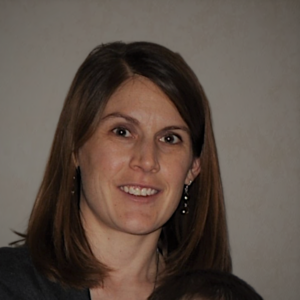 Kimberly Andrich writes from the perspective of having a hidden, chronic illness and experiencing a deep, continuous conversion through being yoked to Jesus in the day-to-day trials and joys of life. She is a wife, mother of 5, and daughter of the King. Kimberly also writes for
Kimberly Andrich writes from the perspective of having a hidden, chronic illness and experiencing a deep, continuous conversion through being yoked to Jesus in the day-to-day trials and joys of life. She is a wife, mother of 5, and daughter of the King. Kimberly also writes for 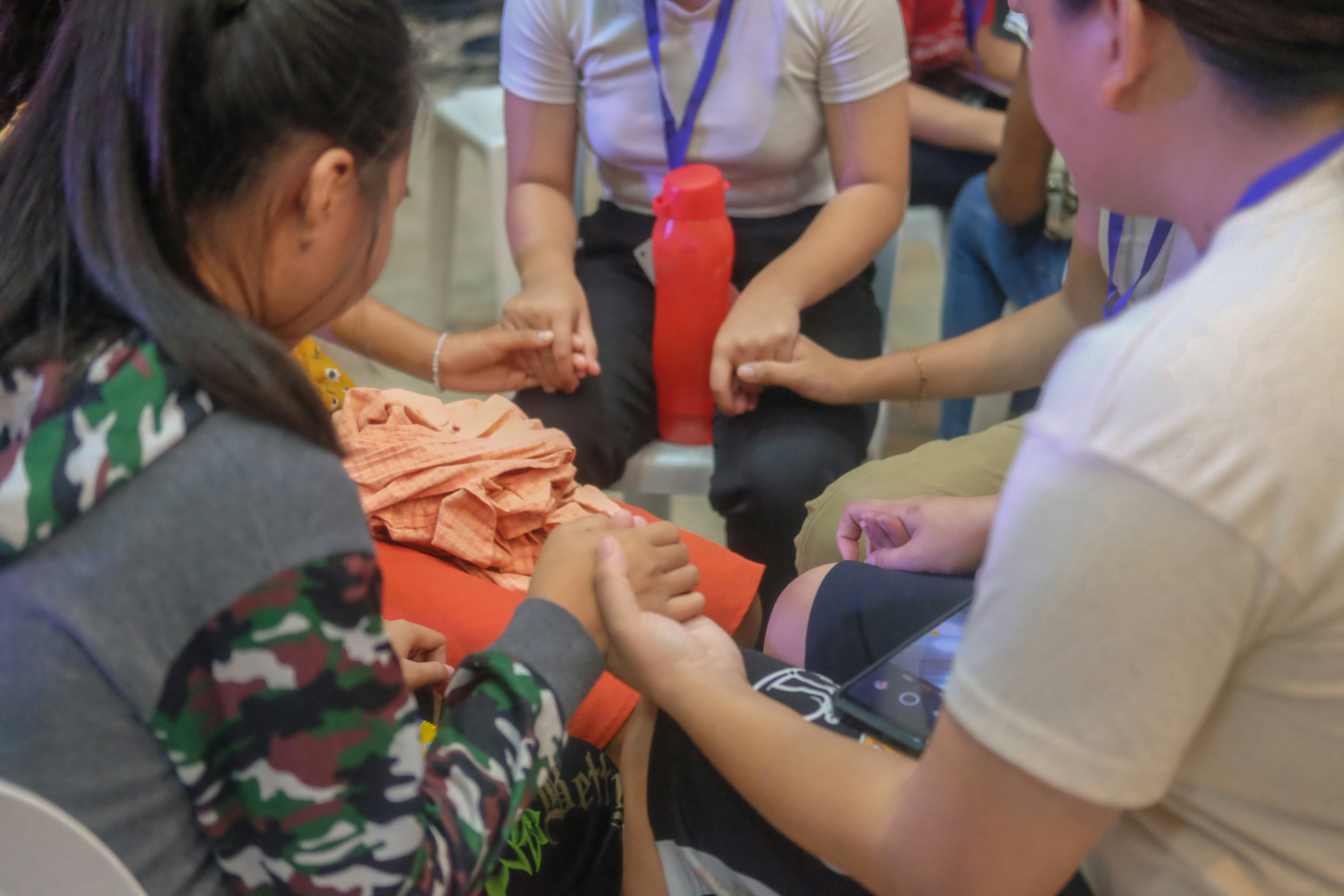


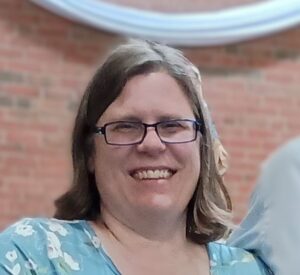 Tami Urcia is a midwestern gal from a large Catholic family. As a young adulthood she was a missionary in Mexico, where she studied theology and philosophy. After returning stateside bilingual, she gained a variety of work experience, traveled extensively and finished her Bachelor’s Degree at Brescia University. She loves organizing and simplifying things, watching her children play sports, deep conversations with close family and friends and finding unique ways to brighten others’ day with Christ’s love. She works full time at Diocesan in the Software Department and manages the Inspiration Daily reflections. She is also a contributing writer on
Tami Urcia is a midwestern gal from a large Catholic family. As a young adulthood she was a missionary in Mexico, where she studied theology and philosophy. After returning stateside bilingual, she gained a variety of work experience, traveled extensively and finished her Bachelor’s Degree at Brescia University. She loves organizing and simplifying things, watching her children play sports, deep conversations with close family and friends and finding unique ways to brighten others’ day with Christ’s love. She works full time at Diocesan in the Software Department and manages the Inspiration Daily reflections. She is also a contributing writer on 
 David Dashiell is a freelance author and editor in the Nashville, Tennessee area. He has three children, a degree in theology, and enjoys writing about philosophy, theology, culture, music, and comedy. You can find his personal blog, Serious Daydreams, on
David Dashiell is a freelance author and editor in the Nashville, Tennessee area. He has three children, a degree in theology, and enjoys writing about philosophy, theology, culture, music, and comedy. You can find his personal blog, Serious Daydreams, on 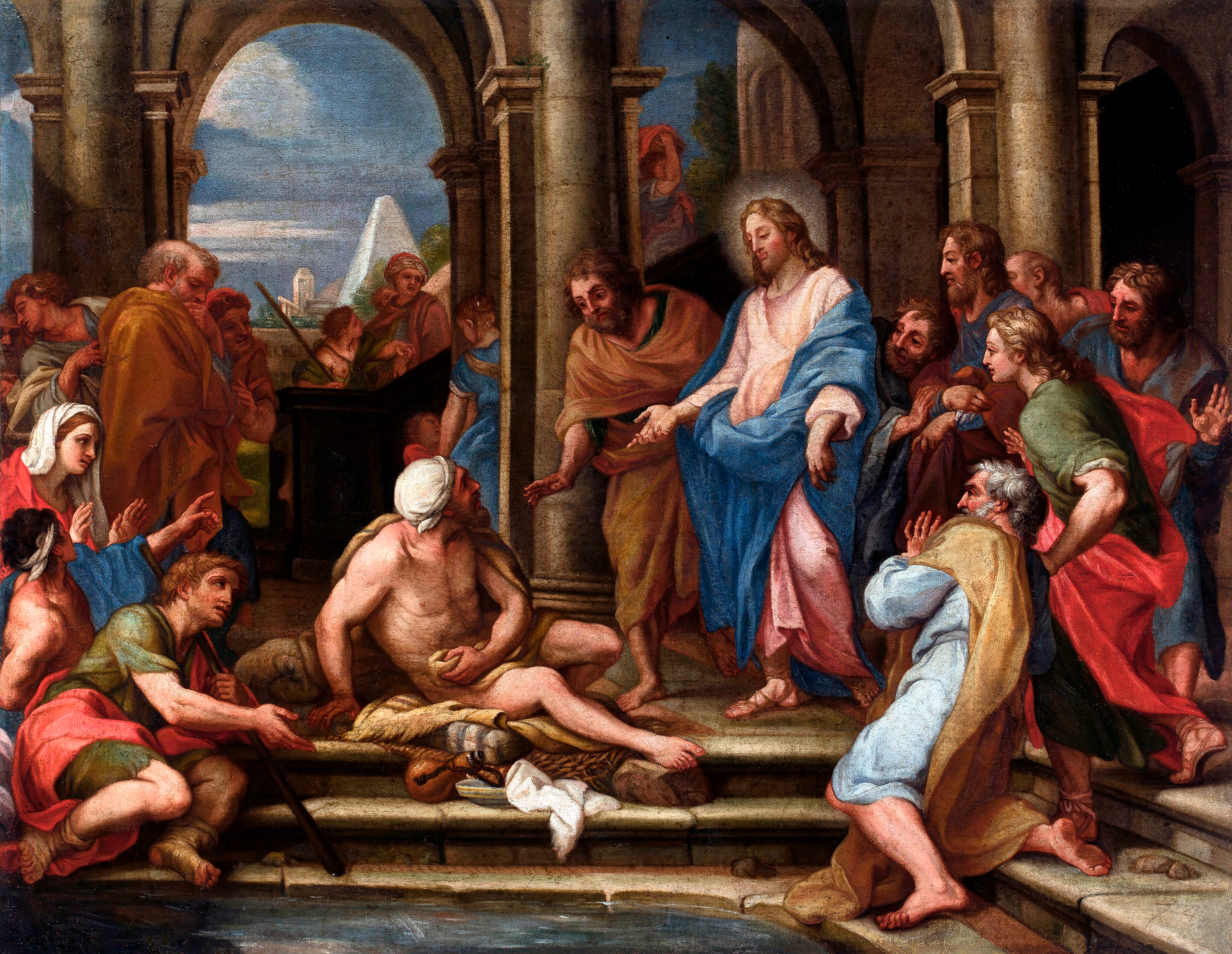
 Nicole Berlucchi is a faith and family blogger (
Nicole Berlucchi is a faith and family blogger (